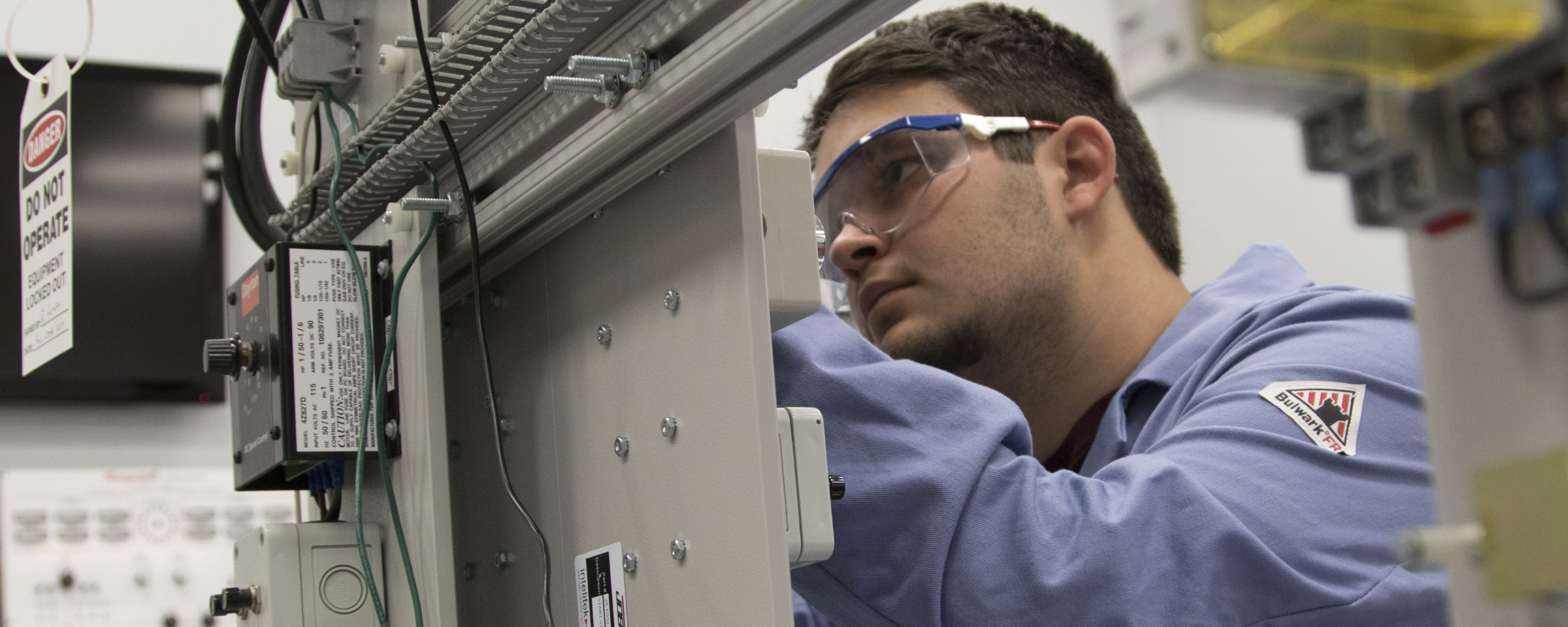
READY TO PLAY - WCJC's athletic teams begin spring competition
WHARTON, TEXAS – Wharton County Junior College is gearing up for an active spring as all three of the college’s athletic teams are set to compete.
The college currently offers baseball, rodeo and volleyball programs. Baseball is traditionally a spring sport, while volleyball competes in the fall and rodeo has both a fall and spring schedule. Last fall, however, the volleyball season was postponed to this spring due to concerns over the COVID-19 pandemic. Baseball also canceled its fall scrimmages. Both changes were suggested by the National Junior College Athletic Association, which governs both programs.
The rodeo team continued to compete throughout the fall as it operates under a different set of guidelines as outlined by the National Intercollegiate Rodeo Association (NIRA). The team’s spring season opened on Jan. 29 in Sulphur Springs, Texas.
WCJC Athletic Director Keith Case said bumping volleyball to the spring required some scheduling changes.
“Volleyball will have a few less games this season,” he said. “But overall we will be able to handle this with no problem.”
The volleyball team is set to play 16 games, with half being held at the Gene Bahnsen Gymnasium on the Wharton campus. The first game home game was played Feb. 8 against Tyler College, with the Pioneers losing 1-3. The team is coached by Brianna Janecka.
The baseball team is set to play 39 games, with 21 at the newly constructed Corbett Park on the Wharton campus. The team’s most recent home game was Feb. 8 against Baton Rouge Community College. The Pioneers won, 10-9, to improve their record to 5-5. Head coach is Trey Porras, with John Cannon, Michael Molina and Ricky Watkins serving as assistant coaches.
Case said specific protocols will be in place this season to help mitigate effects of the COVID-19 pandemic. That will include limited attendance for spectators, the utilization of masks for players on benches and dugouts, regular temperature checks, increased sanitization of lockers and buses, having meals delivered to the buses on away games, and no overnight stays.
Removing overnight stays poses an obvious challenge as some of the schools WCJC competes against are four or more hours away.
“You are asking our athletes to compete at a high level while enduring all of that travel, and that’s not easy,” he said. “But we have to remain conscientious and follow some guidelines and the coaches are doing a fantastic job with all of this. I credit them with doing what we have to do in this current environment.”
###

